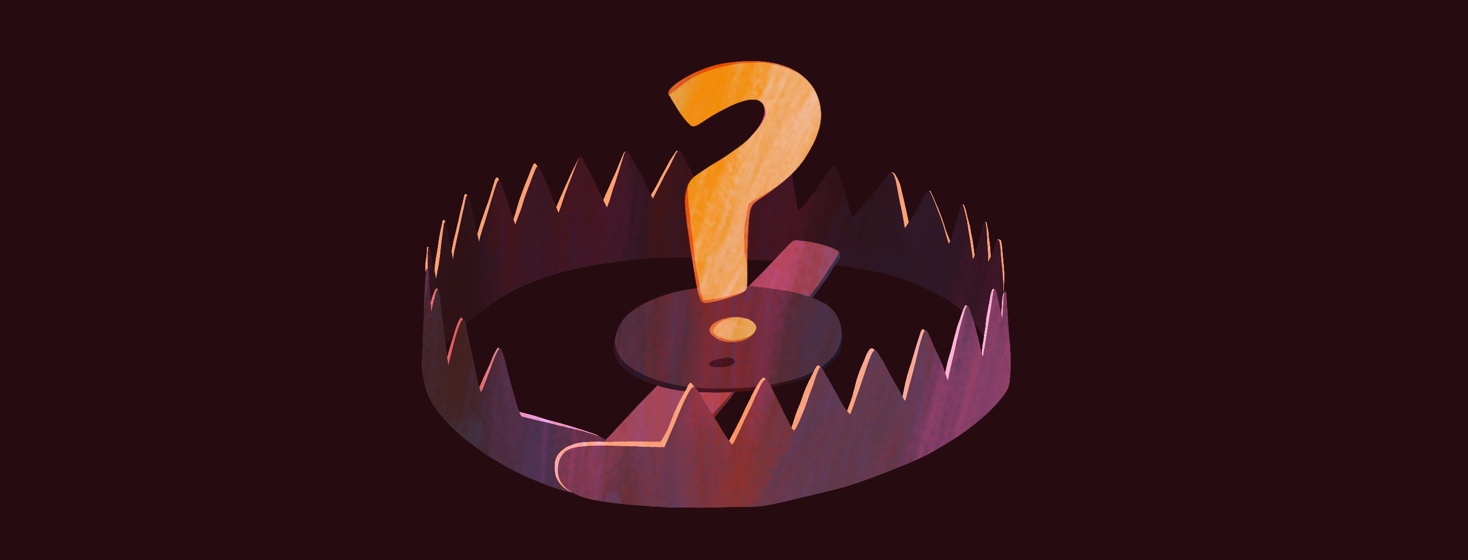Oh Trigger, Where Is Thy Sting?
Triggers.
They are everywhere, especially for those of us who are in treatment forever. Just the smell of walking into a hospital, or that awful screeching of the infusion machines, the taste of that thick chalky contrast, having to hold our breaths for CT scans, the feeling of having urinated on ourselves from that other contrast, and so many other sensory reminders of chemo or surgeries can be nearly overwhelming.
Starting treatment again
Recently, when I started chemo for the 2nd time since 2017, I had to ask my doctors for an additional psychotropic medication because of how difficult it was to walk into the infusion center to start something that I knew would make me miserable.
But does the effect of a trigger fade over time? I'd thought that nearly five years between IV chemotherapy treatments would be sufficient time for those triggers to fade, especially since I'd been going to that infusion center monthly for Zometa infusions.
And I suppose the reaction had faded a bit when I knew that I was going to the infusion center for Zometa rather than the red devil in 2017 or Taxotere in 2022; at the same time, there was still a tensing in my gut and some insomnia leading up to the infusion. The steroids definitely had an effect on the insomnia before and after too!
Coping with triggers
But what do we do with triggers? How do we cope and still move forward? Here are my suggestions:
- Name and acknowledge them. Naming and acknowledging emotions and triggers is so key because if we don't sit with the emotions, they are stuffed down only to erupt later.
- Talk about them. Not only do we find out that others are experiencing the same thing, but talking about emotions takes them out of the dark, out of the interiors of our minds, and gets them in the open. Talking about our emotions and triggers takes the sting and the stigma away.
- Prepare for them. Whether it's a self-care ritual like using aromatherapy, getting a pedicure or taking a bubble bath, or getting specialty coffee or another treat, coming up with rituals and "treats" to help prepare for a difficult time can take the edge off of the experience. Always having something to look forward to, to reward ourselves in a way, can provide a different focus than the trigger or experience.
- Ask for help. As I referenced above, knowing that I would struggle when going back into chemo, I asked my doctors to give me something to help ease that experience. Everyone is different in terms of what we can take or what works well and my palliative team was instrumental in assisting me with getting what I needed to handle the experience.
- Revisit and ponder triggers after the fact.When we're in the moment, it is extremely difficult to think rationally or plan, so pondering and discussing what happened after the fact can assist with not only understanding why a trigger is so impactful but also help plan for the future, either avoiding or dealing with the issue directly.
Dealing with triggers head on
Since we are in treatment for as long as the cancer in our bodies is controlled, we can't avoid triggers as well as someone not in treatment. For this reason and for the sake of my own mental health, I have found that dealing with and facing triggers directly and doing a lot of mental and emotional work before and during the trigger can help me.
Now it's your turn -- what helps you?

Join the conversation